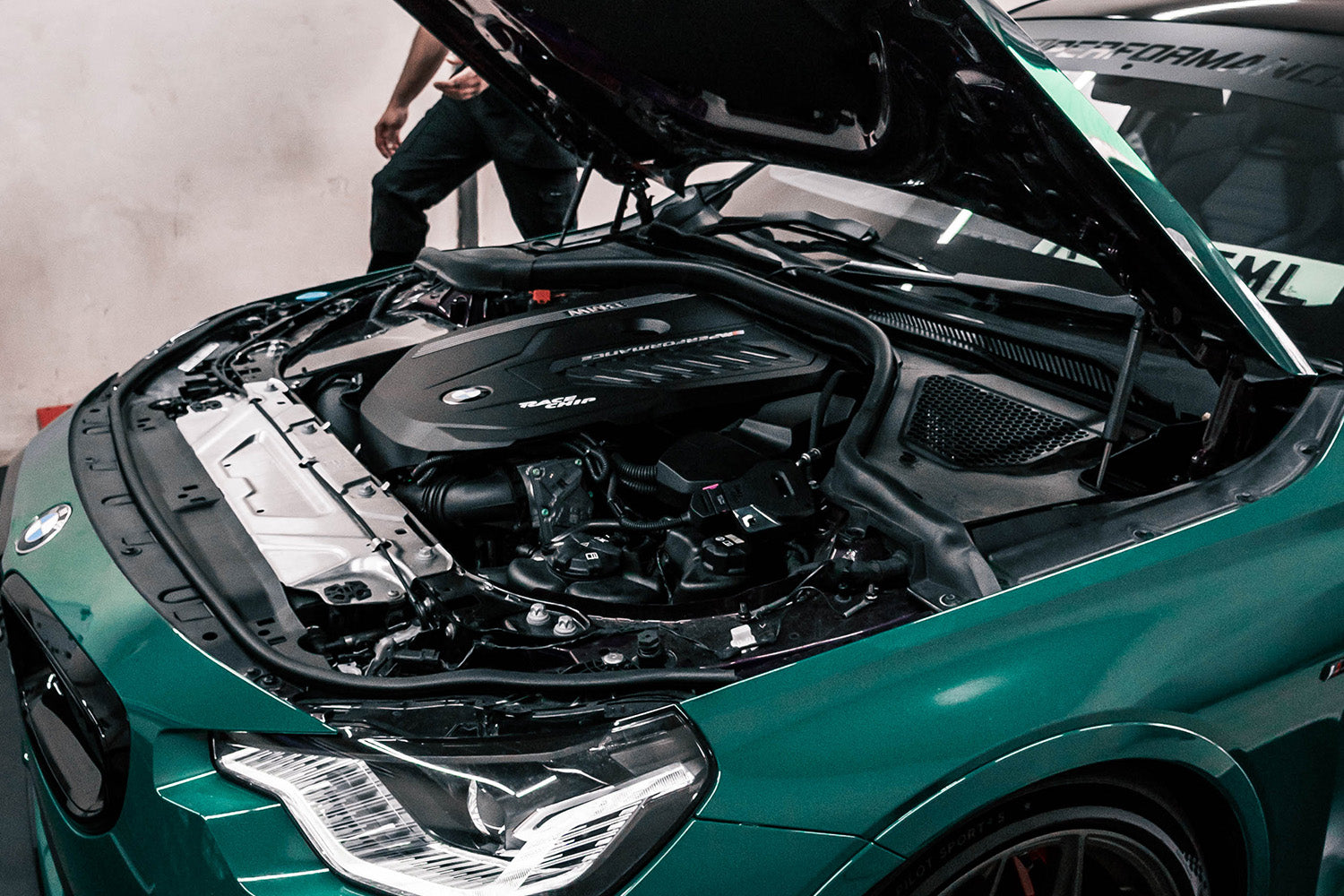Leading 5 BMW Engine Technologies Transforming the Automotive Sector
Leading 5 BMW Engine Technologies Transforming the Automotive Sector
Blog Article
Revealing the Intricacies of Next-Generation Power Units: a Deep Study Advanced Engine Developments and layouts
As we stand on the precipice of a brand-new era in transport, the intricacies of next-generation engine styles beckon us to discover the advanced modern technologies and advancements that assure to redefine the driving experience. Delving much deeper right into the realms of exhaust control, intelligent engine management systems, and the perspective of power unit growth, we find ourselves on the cusp of a makeover that guarantees to improve the landscape of movement as we recognize it.
Advancement of Engine Materials

The change towards advanced engine products has additionally enabled engineers to create engines with greater power outcomes while maintaining fuel performance criteria. The usage of light-weight materials minimizes the general weight of the engine, leading to enhanced gas economic climate and lower discharges. Furthermore, innovations in products technology have allowed for better thermal management within engines, resulting in enhanced dependability and durability.
Turbocharging and Supercharging Technologies
Exactly How do Turbocharging and Supercharging Technologies transform engine efficiency and effectiveness in modern vehicles? Supercharging and turbocharging are technologies that significantly boost engine efficiency by enhancing the quantity of air intake right into the combustion chamber. Turbocharging attains this by making use of a generator driven by exhaust gases to pressurize the consumption air, while turbo charging uses a belt- or chain-driven compressor to attain the exact same effect.
These innovations allow smaller, a lot more fuel-efficient engines to create power equal to larger ones, called downsizing. Forcibly even more air into the cyndrical tubes, supercharging and turbocharging enhance burning effectiveness, causing boosted horse power and torque outcome without a substantial increase in engine dimension. This results in much better velocity, hauling ability, and overall driving performance.
Moreover, supercharging and turbocharging add to boosted gas efficiency by enabling the use of smaller sized engines that take in much less gas under typical driving conditions - bmw engine. This mix of boosted efficiency and effectiveness has made turbocharging and turbo charging essential elements of numerous contemporary engine layouts
Exhaust Control and Environmental Effect
With raising worldwide concerns regarding air high quality and environmental sustainability, the implementation of discharge control innovations in lorries plays a vital duty in decreasing dangerous toxins launched right into the atmosphere. Modern cars are furnished with advanced discharge control systems that aid decrease the environmental impact of automobile operations. Catalytic converters, for example, are developed to transform poisonous gases such as carbon monoxide, nitrogen oxides, and hydrocarbons right into much less unsafe materials like co2 and water vapor.
Moreover, improvements in engine technology, such as the assimilation of exhaust gas recirculation systems and careful catalytic decrease, have dramatically added to reducing discharges. These innovations work in tandem to enhance combustion efficiency and minimize the launch of dangerous contaminants right into the air. Furthermore, the advancement of hybrid and electrical automobiles represents a crucial step in the direction of minimizing the general environmental impact of the transportation market.
Intelligent Engine Monitoring Systems

Moreover, these systems enable cars to meet rigid emissions criteria without jeopardizing efficiency, offering a much more eco-friendly driving experience. The integration of expert system and maker learning capabilities in engine monitoring systems remains to press the boundaries of what is possible, bring about further renovations in effectiveness, dependability, and overall automobile performance. bmw read this article engine. As auto innovation developments, smart engine management systems will certainly play an important duty fit the future of transportation towards a much more sustainable and reliable instructions
Future Trends in Power Unit Development
As smart engine administration systems lead the means for improved control and optimization in modern vehicles, future patterns in power device advancement are positioned to redefine the landscape of automotive propulsion innovations. One of the vital trends driving development in power system advancement is the change in the direction of electrification. With go to this web-site an enhancing concentrate on sustainability and lowering carbon exhausts, crossbreed and electrical powertrains are becoming more common in the auto sector. These alternate power sources use improved performance and performance while lining up with stringent ecological laws.
Another significant fad is the assimilation of sophisticated materials and manufacturing strategies. Light-weight products such as carbon fiber and aluminum are being utilized to lower general car weight, enhancing gas performance and performance. Additionally, advancements in 3D printing and additive production are allowing the production of complex engine elements with higher precision and longevity.
In addition, man-made knowledge and artificial intelligence are playing a crucial function in optimizing power device efficiency. These modern technologies enable real-time surveillance and adaptive control, leading to a lot more efficient and trusted power shipment. On the whole, future patterns in power device advancement are tailored in the direction of sustainability, performance, and performance, driving the automotive sector towards a brand-new era of propulsion innovations.

Verdict
In final thought, the innovations in engine materials, turbocharging, emission control, and internet intelligent administration systems have led the means for next-generation power units. The elaborate styles and advancements in modern-day engines showcase the ongoing evolution of auto innovation.
Discovering the progressive innovations in engine products has actually been crucial in enhancing the performance and efficiency of modern engines. Over the years, the advancement of engine products has played an essential duty in pressing the borders of what engines can accomplish.The shift towards advanced engine materials has likewise enabled engineers to make engines with higher power outputs while maintaining gas performance criteria.The execution of intelligent engine management systems in modern cars has transformed the method engines are controlled and enhanced for performance and efficiency. By collecting information in real-time and analyzing it with sophisticated formulas, smart engine monitoring systems can adapt to driving styles, ecological aspects, and engine health and wellness to make the most of power outcome while minimizing fuel intake and discharges.
Report this page